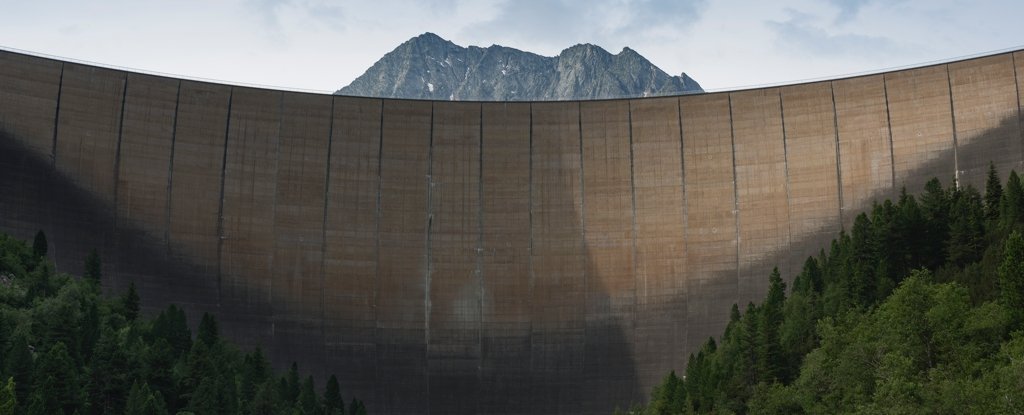
A regime change of almost unimaginable magnitude has taken place in the natural world, a reflection of humanity’s tremendous and growing dominance over one of our planet’s most vital resources: fresh water.
In what researchers say is the first global study of the human impact on the water cycle, scientists have used NASA satellite measurements to remotely quantify water level changes in an astonishing number of water bodies: 227,386 of the world’s ponds, lakes and reservoirs. Small or big.
While human-managed reservoirs like man-made dams make up only 3.9 percent of this gigantic planetary-scale water storage system, that tiny fraction masks a mind-boggling truth about how much control humanity really exerts over freshwater fluctuations.
When the total change in water levels in both natural and human-managed systems is calculated, it appears that the human-controlled reservoirs represent 57 percent of all surface water variability – more than half of all ebb and flow in freshwater systems.
“We tend to think of the water cycle as a purely natural system: rain and melting snow flow into rivers, which flow to the ocean, where evaporation starts the whole cycle again,” explains Stanford University geophysicist Sarah Cooley.
“But humans actually intervene substantially in that cycle. Our work shows that humans are responsible for most of the seasonal variability of Earth’s surface water storage.”
The results, gleaned from 22 months of data collected by NASA’s Ice, Cloud and Land Elevation Satellite 2 (ICESat-2), provide a first unique snapshot of water storage around the world, capturing and measuring water bodies so small. as a football field within the survey.
“Previous satellites haven’t come close to that,” says Cooley, but while the scientific achievements are admirable, the takeaways aren’t.
“There are many ways this is bad for the environment.”
Risks range from negative effects on natural ecosystems as a result of water shortages to the specter of greenhouse gas emissions from artificial reservoirs.
Of course, there are other positives of human-managed reservoirs too: in addition to regulating water supply, they enable things like hydropower systems, while dams can also provide flood protection.
Still, the realization that we have taken majority control over something as natural as the ebb and flow of fresh water is a disturbing discovery.
Another grim reminder of how much effect our species has on the environment around us – with consequences so impossibly big that we can only hope to see them from space.
“Of all the volume changes in freshwater bodies around the planet – all the floods, droughts, and melted snow pushing up and down the levels of lakes – humans have claimed nearly 60 percent of that variability,” says environmental scientist Laurence Smith of Brown University.
“That has a huge impact on the water cycle. In terms of human impact on the planet, this is exactly in terms of land cover and atmospheric chemistry.”
The findings are reported in Nature